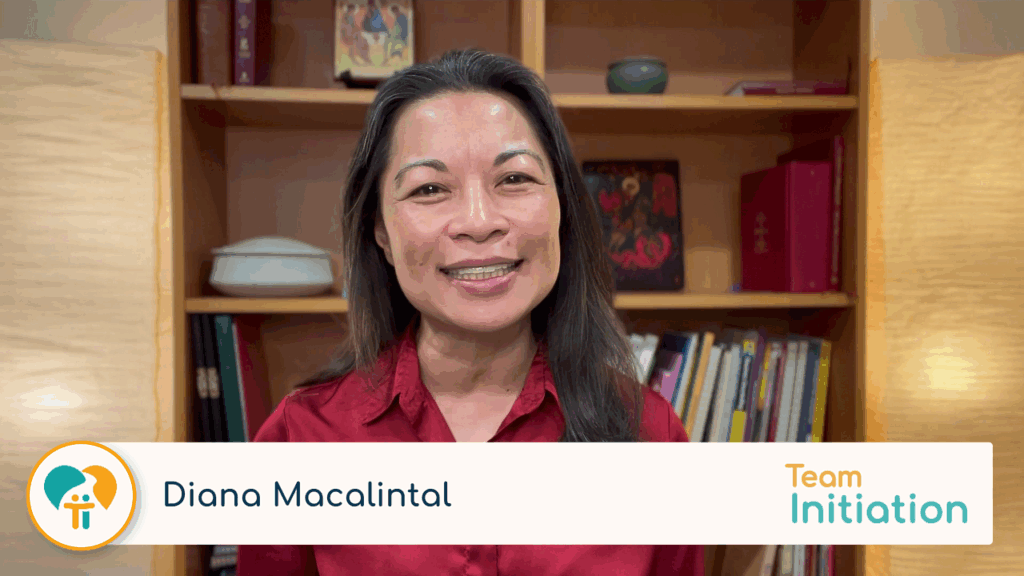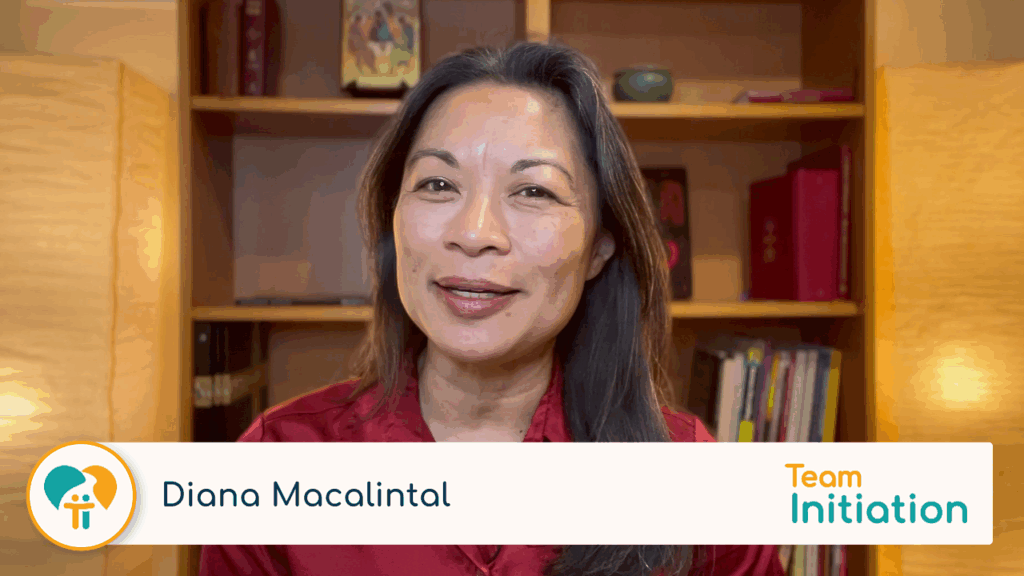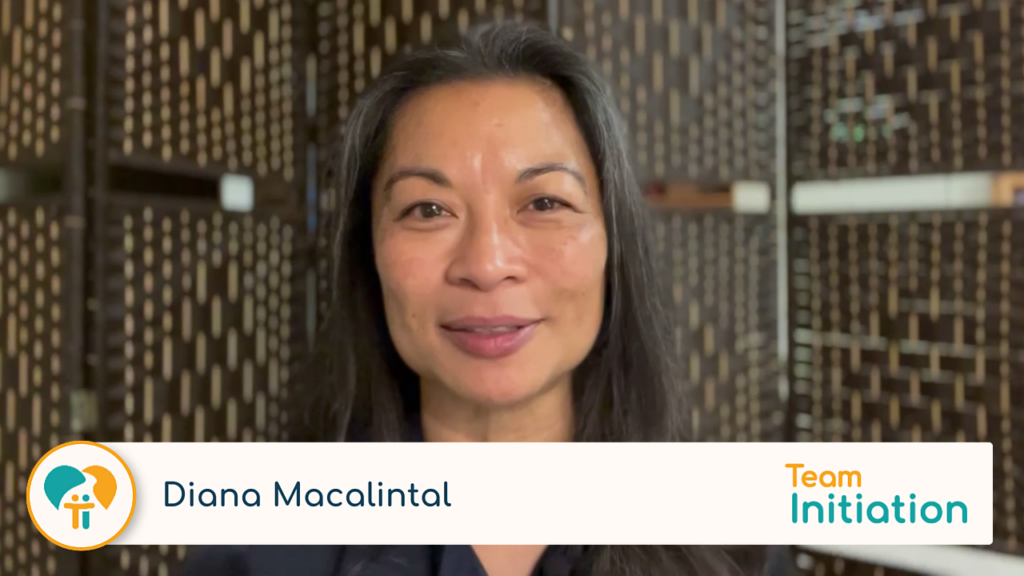
Thousands of parishes are getting ready to celebrate the Rite of Acceptance over the next several weeks. Catechumenate team leaders will gather with those who are to become catechumens and offer them a ritual catechesis something like this:
“And then Father will ask you your name. You tell him your name. And then Father will say, ‘What do you ask of God’s Church?’ and you say, ‘Faith.’ Then Father will say, ‘What does faith offer you,’ and you say, ‘Eternal life.’ Okay, let’s all try that together.”
If that’s roughly how your rehearsal goes, grab your copy of the RCIA, and let’s chat for a bit. Turn to paragraph 50 (which is on page 21 in my book, but might vary in yours). Then skip down to the long red paragraph that starts, “The celebrant continues with the following questions ” (top of page 22 in my book). Note the second sentence, which reads: “The celebrant may use other words than those provided in asking the candidates [for the Rite of Acceptance] about their intentions and may let them answer in their own words.”
Okay, this will be hard I know, but it’s important. Use other words than those provided. Why would you want to do that? Because this is real life. You want to catechize both the catechumens and the assembly that something powerful and important is taking place. The presider should ask a real question and expect to get a real answer.
This is real life. You want to catechize both the catechumens and the assembly that something powerful and important is taking place. The presider should ask a real question and expect to get a real answer.
Imagine for a moment you and I are in a small faith sharing group. I am really interested in you, and I want to know more about how you came to believe in Jesus. What kinds of questions would I ask? What kinds of answers should I expect? That is the dynamic that should be taking place in the Rite of Acceptance.
So the presider asks a real question. Something like: “John, what is it you are seeking?”
What does John say?
How should I know? I’m not John. I might be able guess what he might say, but even so, I shouldn’t be putting words in his mouth. John should answer honestly about what he is seeking. If he doesn’t know what he is seeking, he is not yet ready to become a catechumen.
John’s entire time in the inquiry period should have been focused on why he has come forward now, at this time. What is it he is seeking? What does he want? Who moves him and calls him? After weeks and months of struggling with questions like these, John will be more than ready to give a real answer when the question is put to him in the ritual. And the assembly will recognize it for what it is—a statement of faith.












don’t you think that God might recognize and answer a person’s request for faith, be it ever so childlike, regardless of whether that person is in a state of total awareness (which we never are) about what he or she seeks?
The biggest problem I’ve found with doing this at the Rite of Acceptance is that most people are kind of squeamish about saying anything in front of large audiences…much less something personal. To get up in front of 400 people that they don’t really know and talk into a microphone about the heartfelt reasons why they want to join the Catholic Church is terrifying! Most people have never even spoken into a microphone! When doing this, I have never found anyone that didn’t become a nervous wreck. Even a university professor that was used to speaking to large groups was shaking and her voice was cracking.
I agree that, in theory, this is a better thing to do. It gives more “soul” to the rite as opposed to the rote response, and it potentially gives more meaning to the participant, however, it’s just so painful for them that I’m not sure the benefits outweigh the costs. I will agree that it’s interesting to hear their different responses. They are sometimes very telling.
Do you have any suggestions? Are there ways to do this that won’t scare the pants off the participants?
I think your response pinpoints something that a Catholic spouse of a candidate asked: Why don’t we talk about our faith?
I wonder, is this a way to start out a person- or more sarcastically- to make them really Catholic we should give them the easy answer.
Consider this, What we those nervous candidates do if the presider replied? ” and what do you mean by faith?
I had already come up with something i want the candidates/cat to do at the first gathering. I was going to ask them to write why they are here, what they plan to get out of this process (and maybe one or two others). I”m then going to seal them in an envelope and open them up before Advent for them to consider how they are doing, or if their goals have changed.
I am going mow also going to take this advice and at the first gathering tell the candidates this is coming up, and also ask them to consider the answer to this question.
I know some will be better at this than others, but that is the same issue for those of us already in the Church, if someone just wants to say Faith, they can.
Wow, Lisa, what a terrific response. I love the last line: “I know some will be better at this than others, but that is the same issue for those of us already in the Church, if someone just wants to say Faith, they can.”
Thanks for all the great work you are doing with this ministry.